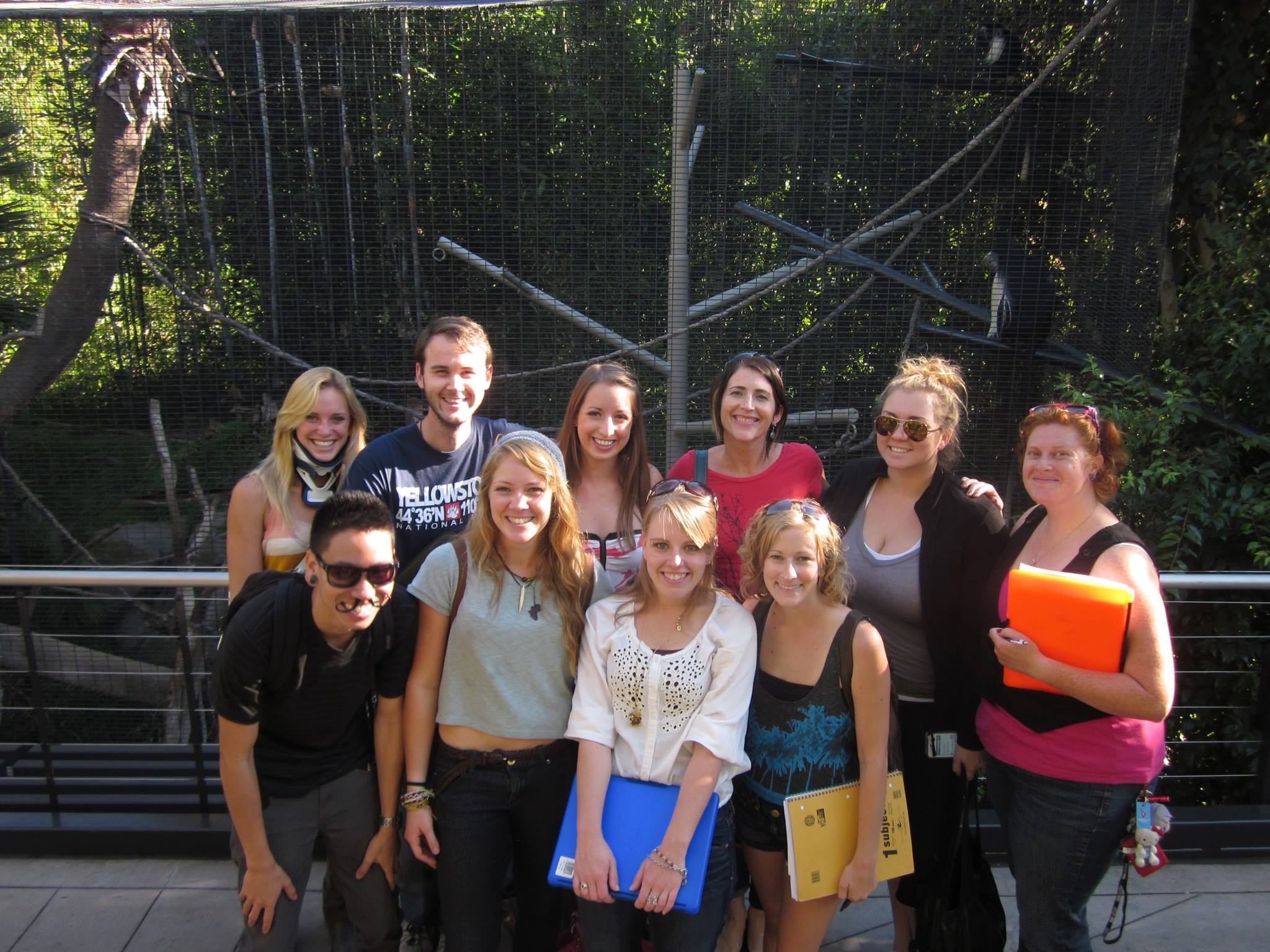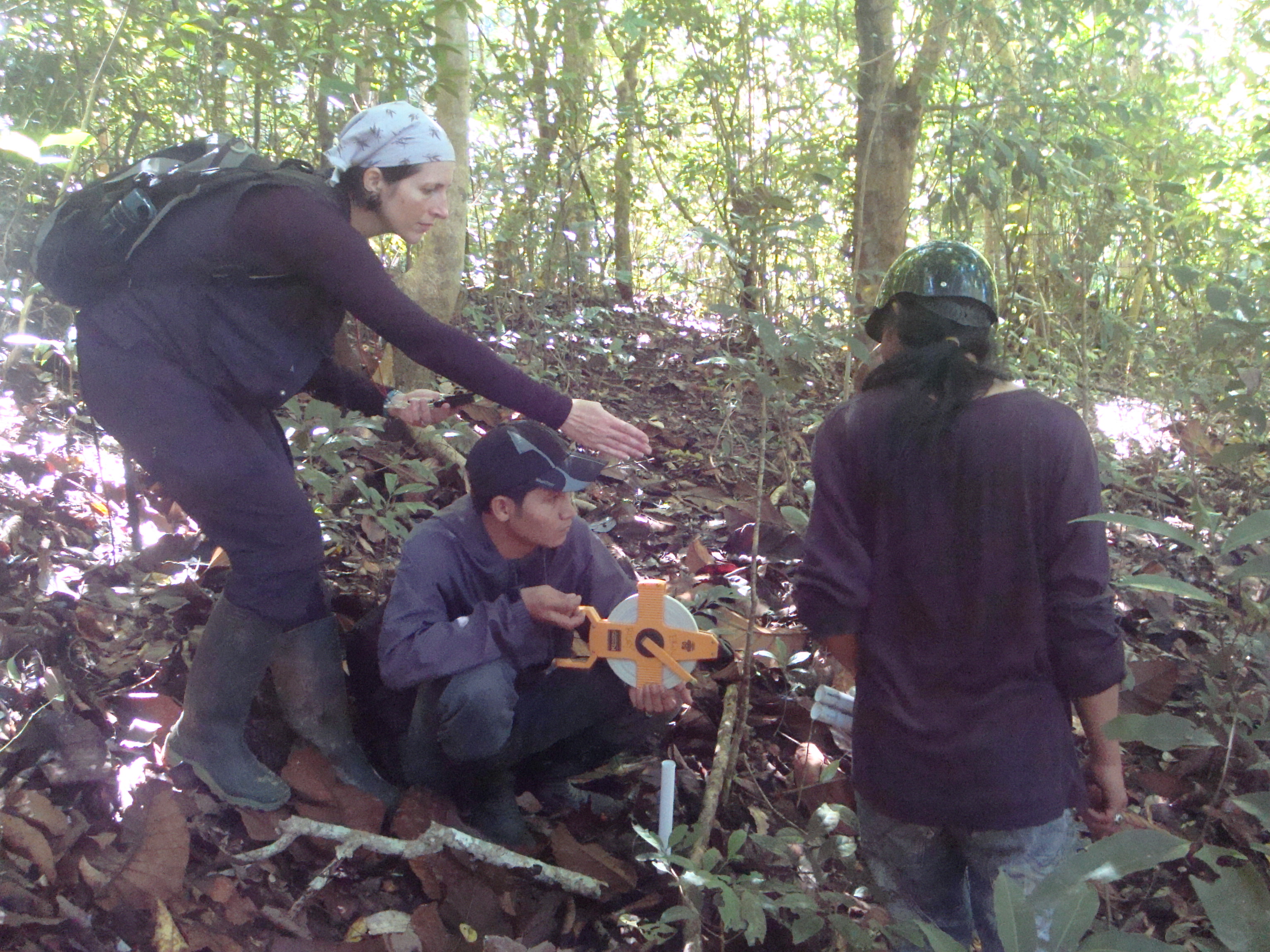Courses
I teach both undergraduate and graduate courses in the Department of Anthropology at San Diego State University including:
ANTH 101 Human Biocultural Origins (GE Foundations)
ANTH 301 Principles of Biological Anthropology
ANTH 355 Exploring Primate Behavior (GE Explorations)
ANTH 501 Primate Behavioral Ecology
ANTH 583 Ethnoprimatology Methods
ANTH 601 Graduate Seminar in Biological Anthropology
ANTH 621 Anthropological Research Design and Proposal Development
Teaching Philosophy
My responsibility as a teacher is to create an environment that is both comfortable and conducive to learning. Through my teaching and experiences as a student in different cultural settings, I have developed a teaching style that encourages motivation, thinking, and hard work, yet is empathetic and patient. I recognize that students learn in different ways, and I see it as my responsibility to be responsive to differences by being flexible and creative in approach. For example, in my courses I balance lecturing with more hands-on teaching techniques, such as discussion groups, in-class activities and lab activities that challenge students to learn by thinking, discussing, and doing.
I also believe that effectively creating a conducive learning environment is to impart information in a way that “grounds it”; that is, provide direct examples of the topic of interest. An excellent way to accomplish this is to incorporate my research into my teaching, as well as to expose students to other experts in the fields through guest lectures and field trips.
While I consider content acquisition a significant component of students’ education, I encourage critical thinking, writing skills, and problem solving. I believe it is essential to challenge students to think critically about the information they receive, and not simply accept it as fact.
Encouraging students to actively participate in their learning is another way of enabling a comfortable and conducive learning environment. For example, I often use a student evaluation form that lets me share with students comments and an overall rating on key aspects of their performance at the midterm and then again at the end of the course. Such a tool helps students to see the areas in which they need to improve as well as those in which they excel. I also believe that students can learn a lot from feedback on their assignments. Therefore, I always take considerable time in grading their work, providing many comments on papers and tests and noting correct responses for objective-type questions.
Finally, I believe in continually improving my teaching skills. I do so by (1) sharing and exchanging teaching and learning experiences with other faculty, (2) participating in workshops held by SDSU’s Center for Teaching and Learning, and (3) staying active in research. My research projects allow me to remain “up-to-date” with the current literature, give lectures that enhance textbook readings, and create an exciting, learning environment by relaying firsthand, field experience of what it means to be an anthropologist.

